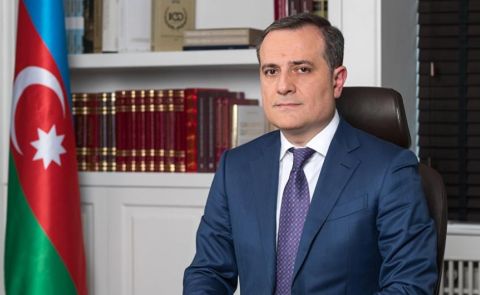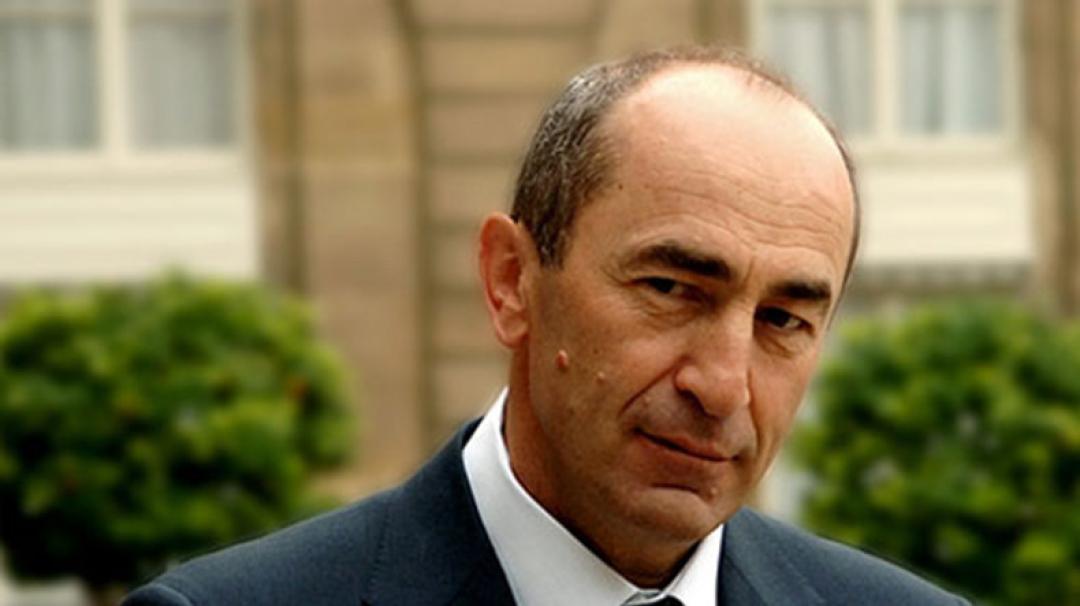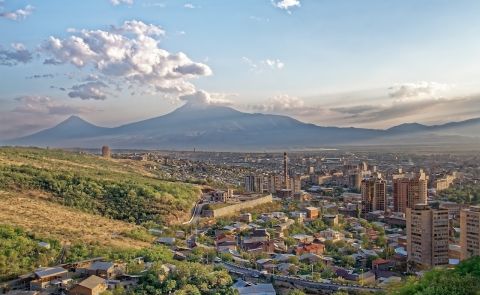
Kocharyan released on bail; Venice Commission expressed opinion over the process

On 18 June, Armenia's Criminal Court of Appeal, chaired by judge Arsen Nikoghosyan, endorsed the appeal by Armenia’s former president Robert Kocharyan's defence lawyers to release their client on a bail pending the verdict in the case. Kocharyan will be released on bail in the amount of 2 billion drams (4.2 million US dollar), reported Armenian Radio Free Europe.
Kocharyan personally assured the court that he will not go into hiding or obstruct justice if set free. The prosecution insisted, however, that Kocharyan could obstruct justice and should therefore remain under arrest. They said they will challenge the Court of Appeals ruling in the higher Court of Cassation.
His lawyers welcomed the ruling. But one of them, Aram Vartevanyan, questioned the “unprecedented” amount of the bail set by Nikoghosyan. Kocharyan said in the courtroom that his assets remain frozen and that he can only use his children’s properties as bail collateral. His lawyers told the court afterwards that 700 million drams worth of such assets belonging to his younger son Levon and daughter Gayane could be used for this purpose.
Parallel to Kocharyan’s release on bail, the Council of Europe Venice Commission gave its advisory opinion on the constitutionality of Article 300.1 of the Criminal Code of Armenia under which Kocharyan was charged.
“There is a lack of case-law on the concepts of constitutional order, overthrow of the constitutional order, usurpation of power, showing that, for the most part, statutory provisions governing these concepts have not been applied to this day. This, in turn, shows that there is no best practice as to the factual circumstances under which charges of the most similar crime, notably high treason, would be dealt with in member States. With respect to the prohibition of retroactivity of criminal laws and the requirement of providing sufficiently clear and precise definitions of criminal acts in laws, criticisms of imprecisions regarding the concepts of constitutional order and the overthrowing of the constitutional order might be appeased [on] the knowledge that there seems to be a convergence among the Member States of the Venice Commission to leave these concepts undefined or imprecise. Hence, no conclusion can be drawn with respect to what constitutes a best practice from the perspective of legal certainty. Nevertheless, in view of this principle and the principle of proportionality, it seems only reasonable to expect that the more broadly the statutory provision is worded, the more consideration should be given to the individual freedoms and basic rights of the accused. Such a provision should be interpreted narrowly, taking into account the principle in dubio pro reo,” the conclusion read.
Kocharyan, as well as former chief of staff of Armenia's armed forces Yuri Khachaturov, former defence minister Seyran Ohanyan and the chief of Kocharyan's staff Armen Gevorkyan are all charged with toppling constitutional order in March 2008.
See Also


Nordic-Baltic Delegation Meets Armenian Leaders to Discuss Regional Cooperation and Peace

Azerbaijan Strengthens Energy Partnerships with Multiple Countries

BP Strengthens Presence in Azerbaijan’s Offshore Energy Sector

Netanyahu’s Letter to Aliyev: Mutual Trust, Solidarity Following Hamas Attacks, Facilitating Dialogue Between Israel and Türkiye

